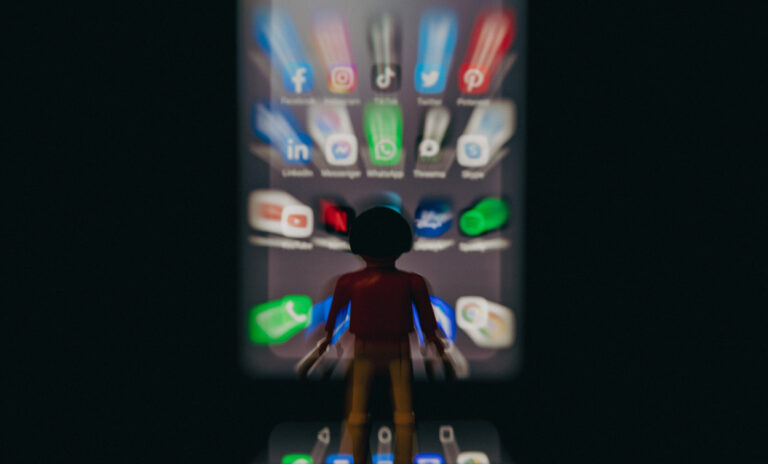New investigation reveals TikTok exploits Syrian families begging on livestreams
If you’re based in the UK and have a somewhat unhealthy TikTok addiction—no judgement here, join the club—chances are that you’ve seen at least one of the numerous livestreams featuring Syrian families, which sometimes include only children in them, begging for viewers to send them money.
The way it works on TikTok LIVE is that people can send virtual gifts to someone streaming on the app using TikTok Coins. Now, don’t get this concept all twisted. Although these rewards are initially sent in a digital form, they cost viewers real money and result in monetary compensation for content creators.
As good as all of this sounds, there’s one loophole the video-sharing giant had probably been keen on keeping quiet about—until a recent BBC investigation shed light on the exploitative practice. Though the publication revealed it saw some livestreams earning up to $1,000 (£900) an hour, it found that the people producing said content from Syrian camps received only a tiny percentage of that—with TikTok itself taking up to 70 per cent of the proceeds.
As you could expect, when asked for a comment on the controversial revelation, the company claimed that this “exploitative begging” was not allowed on its platform and that its commission from digital gifts was significantly less than 70 per cent. Obviously, it declined to confirm the exact amount it seizes instead and added that it would take prompt action against this type of content.
What’s even worse is that, after going to camps situated in North-West Syria, the BBC found that the trend was being facilitated by so-called “TikTok middlemen” who provided families with the phones and equipment needed to livestream.
The middlemen said they worked with agencies affiliated to TikTok in China and the Middle East, who gave the families access to their own accounts on the platform. These agencies are part of the app’s global strategy to recruit livestreamers as yet another attempt—which will most definitely prove successful, we’re sure—to encourage users to spend more time on TikTok.
If you’re confused as to why the problematic trend seems to have picked up in the UK specifically, since TikTok’s algorithm suggests content based on the geographic origin of a user’s phone number, the middlemen further shared that they prefer to use British SIM cards for the smartphones they give away to people in need. People from the UK are the most generous gifters, they explained.
In an attempt to find out exactly how much the app actually gives back to its creators, the BBC had a reporter in Syria contact one of the TikTok-affiliated agencies saying he was living in the camps. After he obtained an account and went live, BBC staff in London sent TikTok gifts worth $106 from another account. At the end of the livestream, the balance of the Syrian test account was $33. In other words, TikTok had taken 69 per cent of the value of the gifts sent.
The $33 remaining was then reduced by a further 10 per cent when it was withdrawn from the local money transfer shop. As stated by the publication, “TikTok middlemen would take 35 per cent of the remainder, leaving a family with just $19.”
Not only is this business model completely unfair, but it also clearly violates TikTok’s own policies to “prevent the harm, endangerment or exploitation” of minors on its platform. We can only hope that, as this investigation continues to gain traction online, and until the app finally takes responsibility for the accusations it faces by actually doing something about it, families in desperate need can turn to charities to receive help and basic supplies.






